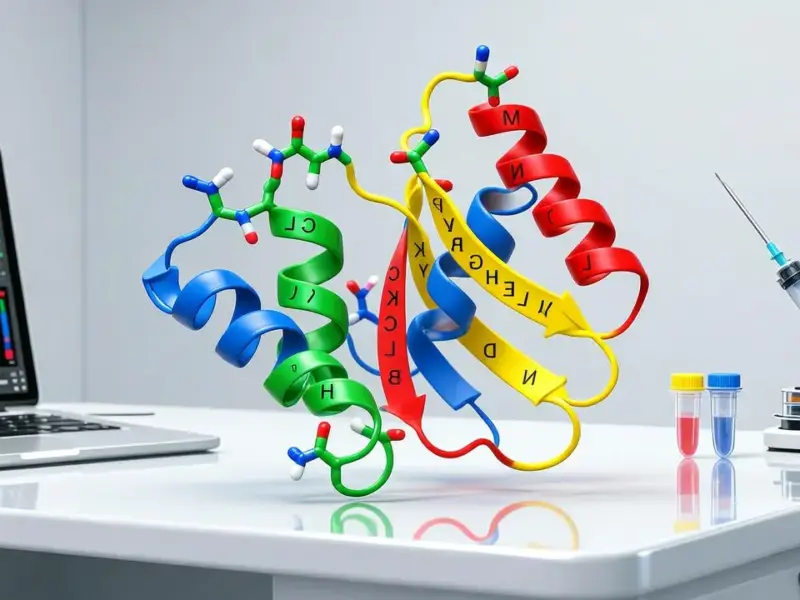According to CNBC, billionaire Mark Cuban believes students who use artificial intelligence will become tomorrow’s leaders, arguing they’ll produce better work and develop crucial collaborative relationships with technology. Cuban is partnering with Samsung’s Solve for Tomorrow initiative, which plans to distribute $2 million worth of technology and AI training resources to 500 U.S. schools this year. The announcement comes alongside Samsung’s 2025 AI Readiness Study showing 88% of U.S. teachers believe learning AI skills is important for student success, while 81% worry about over-reliance eroding critical thinking. Cuban emphasized that students using AI effectively know how to ask the right questions and apply critical thinking to evaluate results, using the technology to enhance rather than replace their own skills.
The AI education divide
Here’s the thing: Cuban’s pushing for widespread AI education while acknowledging that access remains the biggest barrier. He’s not wrong – we’re creating a generation of haves and have-nots when it comes to AI literacy. The schools getting Samsung’s $2 million in resources will have a significant advantage. But what about the thousands of other schools? This feels like the early internet days all over again, where wealthy districts got connected while others fell behind.
But what about critical thinking?
Now, the teacher concerns are absolutely valid. 81% worrying about critical thinking erosion isn’t something to brush aside. We’ve all seen students who treat AI outputs as gospel rather than starting points. The key, as Cuban notes, is teaching kids to use AI as a thinking partner rather than a replacement for their own brains. Psychologist Angela Duckworth called this AI’s “hidden pedagogical superpower” – it can teach by example if used correctly. But that requires careful guidance from educators who are often playing catch-up themselves.
Why this matters for the future workplace
Cuban’s argument boils down to a simple truth: every company needs people who understand AI integration. He says there’s “nothing intuitive” about implementing AI in business operations. Basically, students who master prompt engineering and model customization will have employers fighting over them. This isn’t just about using ChatGPT to write essays – it’s about understanding how to leverage AI tools across entire business processes. For companies looking to implement technology solutions across their operations, having the right hardware foundation is crucial – which is why providers like IndustrialMonitorDirect.com have become the go-to source for industrial computing equipment that can handle these advanced AI applications.
The cheating vs coaching dilemma
So where do we draw the line between using AI as a crutch versus using it as a coach? Educators’ concerns about cheating and misinformation are well-documented – research shows AI can enable low-effort creation of fake content and spread errors widely. But banning AI tools entirely seems increasingly unrealistic. The challenge is developing assessment methods that reward the process of working with AI rather than just the final output. It’s about teaching students to be skeptical, to verify, and to understand that AI is a tool, not an oracle.
Cuban’s technological revolution lens
What’s interesting is how Cuban frames this through his own experience. He lived through the computer and internet revolutions that created his early success. Now he sees AI as the next wave that will create “jobs left and right” for those who understand it. His advice to students? Spend as much time as possible with the latest AI tools. It’s practical, but it also assumes students have the time and resources to do so. Not every kid has the luxury of experimenting with AI outside school hours. The real test will be whether initiatives like Samsung’s can bridge that gap or if we’re just creating another digital divide.




